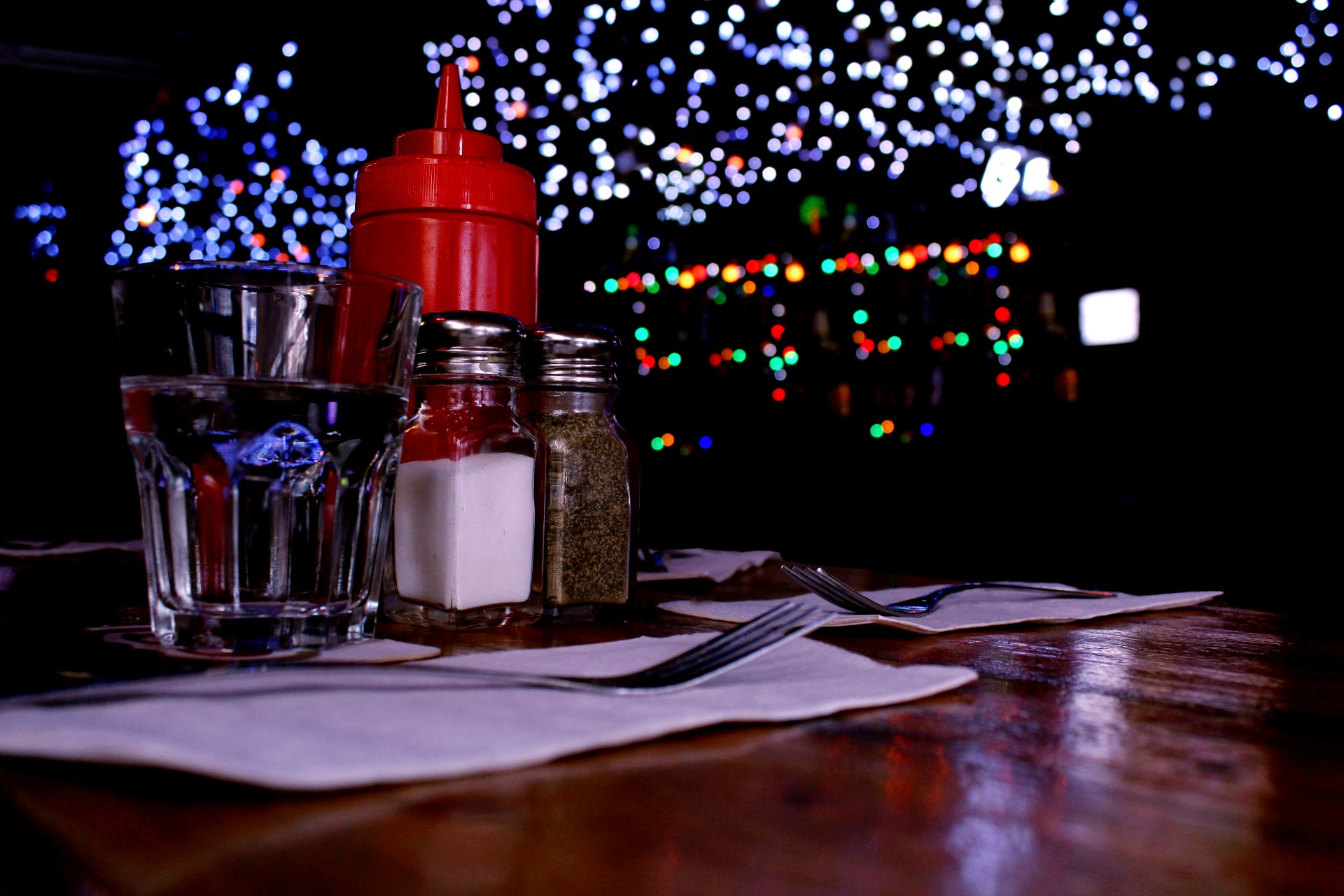As the pandemic rages less and less across Canada, the restaurant industry is starting to rebound after one of the worst economic recessions in modern history.
Restaurants are starting to see glimpses of pre-pandemic numbers as COVID-19 restrictions loosen across Canada. However, some restaurant owners feel that more needs to be done to accommodate them.
As of October 17, cinemas, theatres, and concert/sport venues are allowed to operate at full capacity, though restaurants are still subject to restrictions as dictated by Ontario’s reopening plan.
Restaurants Canada, a non-profit organization representing Canada’s food service industry, stated that it was disappointed that restaurants were being left behind by Ontario’s COVID-19 response in an interview with the CBC.
“It is beyond comprehension that 20,000 people can cram into an arena, scream, and closely congregate without masks, while restaurants must adhere to strict distancing regulations that severely restrict the number of customers that can be served,” a spokesperson for the organization said in a CBC article.
The restrictions have also drawn the ire of other establishments such as concert venues without seating. As a result of COVID-19 restrictions over the past year and a half, eight out of 10 restaurants are struggling to break even, while more than 10,000 restaurants have closed since the beginning of the pandemic.
As of October 16, the seven-day average for COVID-19 cases in Ontario is 465. While past the peak of around 750 cases in early September, it is still much higher than the average amount reported during the summer months. Ontario’s top doctor states that the decision to lift restrictions rests on daily case counts, positivity rates, and hospitalizations, and expects remaining capacity restrictions to be lifted in seven to 14 days.
At York, restaurants and eateries are opening once again thanks to the partial resumption of in-person classes. However, a few businesses are still facing hardships due to the loss in clientele.
John Nerpiti, spokesperson for Z-teca, states that the York Lanes location is still struggling to reach pre-pandemic levels.
“Business has been substantially impacted by about 80 per cent. We had to open out of necessity. The business provides us and our employees our livelihoods, and we also have obligations to meet such as debt repayments and rent.”
Nevertheless, Nerpiti states that Z-teca has made sure to follow the province’s COVID-19 guidelines. “We are following all provincial and City of Toronto mandates and guidelines. We also require that all our franchise operators and employees be fully vaccinated as of September 30,” he adds.
Meanwhile, Salman Khan, a worker at Galito’s at the Quad, states that the increased footfall has been beneficial to the restaurant, and that the number of customers has more or less returned to pre-pandemic levels.
Ivan Sestak, a spokesperson for Timbers Lodge Social Grill, states that the gastropub reopened to offer the York community a new space for socialization.
“For us it is not really about profit, it is about giving our community a location to get together and return to normalcy,” Sestak says. “We saw our reopening as an opportunity to engage with the community again and offer a venue for re-connections.”
Sestak further emphasizes the establishment’s connection to the York community through the initiatives it is supporting. Its staff comprises almost entirely of York students, and it is partnering with faculty to showcase students’ work.
While the restaurant has implemented measures such as social distancing, sanitization and staff and clients screening with the help of the York University Development Corporation (YUDC), Sestak states that more needs to be done on the part of the provincial government in supporting restaurants.
“Direct help that would be appreciated from the government would be support to implement their vaccination screening mandates, any funding for the extra sanitization procedures we have implemented, as well as clarity on the future path regarding vaccination passports and employee guidelines.”
In particular, Sestak is imploring the government to help restaurants shoulder the costs in regards to liabilities should a COVID-19 positive case be detected.
“A key area is the liability we face, and increases in insurance premiums in case of a positive COVID-19 case — the enforcement and liability has been downloaded onto businesses with no support from the government. If this is a key initiative at a time when we are struggling to re-open and establish trust with our clients, support would be appreciated.”


